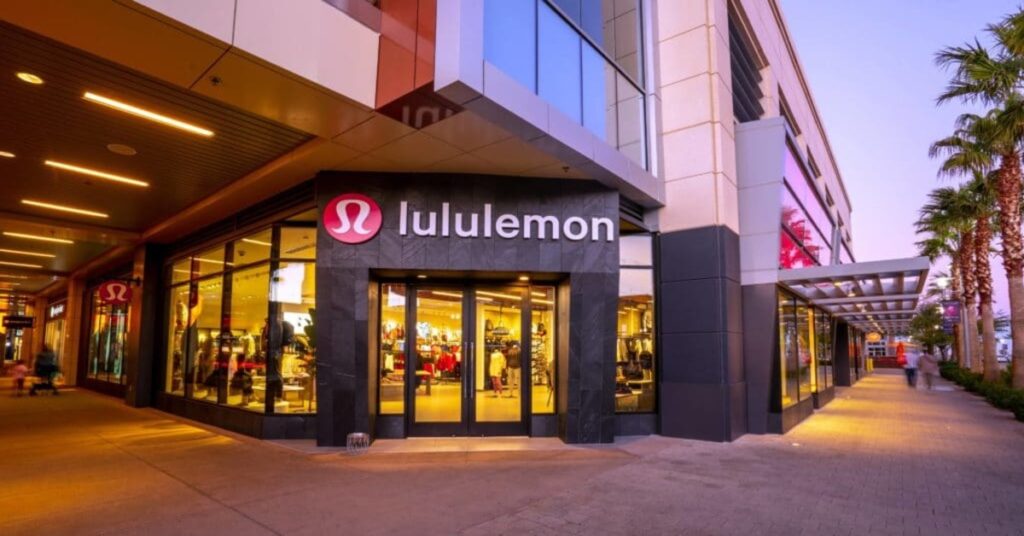Ripples of the Silicon Valley Bank ’s (SVB) dramatic collapse, the second-largest bank failure in US history, have been felt in nearly every industry, from tech startups to marketing. After a bitterly cold 2022, the business world has once again been cast in darkness.
Businesses already struggling under macroeconomic pressures could fall further and early–stage martech and ad-tech startups are very much likely to have difficulty raising fresh capital. Experts believe publishers and tech firms would move money elsewhere.

Swift Payments
Nick Carrabbia, Executive Vice President at Oarex, said they have received new prospective clients. “Oarex has replaced funding facilities, with most inbound requests coming from publishers with credit facilities from regional banks. Their primary concern was avoiding potential cash flow gaps in the event that their bank shut down.”
Anh-Tuan Gai, Adagio CEO, revealed the firm offered to pay its U.S and U.K publishers quicker than what is mandated by its terms. “One publisher has taken them up on the offer, previously worried about potential contagion spreading to Western Alliance, another regional bank, which could affect the publisher’s ability to be paid on time by its own partners.” Harry Kargman, the founder and CEO of Kargo Global Inc., shared that Kargo is expediting publisher payments. “Payments that were due in three or four months were shortened to a week. In some cases, Kargo is advancing funds for inventory that will run in the future, based on existing data on variables like content quality and audience match rates.”
Chris Legg, senior managing director at Progress Partners, believes that the volatility and scares of the last few days have caused inventors and companies to pull back and de-risk. “Brands will become much more risk averse in terms of vendors size, and many smaller vendors will find themselves in a position where they’ll need to merge with larger platforms.”
Those Impacted
While the full extent of the exposure and damage done by SVB collapse is yet to be understood, governments across the world have taken upon themselves to assess the situation. According to a TechCrunch report, over 60 Indian startups backed by the US startup accelerator Y Combinator (YC) have more than $250,000 tied up in the beleaguered bank. Gary Tan, president and CEO of Y Combinator, tweeted on March 10 that 30 percent of YC companies exposed through SVB can’t make payroll in the next 30 days.
Peter Routledge, Canada’s financial superintendent, said the country’s bank regulators have seized SVB’s branch to safeguard creditors. AcuityAds, Toronto ad tech firm, announced that its cash, totaling $55 million, was in SVB. One of China’s leading firms that is into researching cancer treatment, BeiGene said around $175 million is stuck in SVB. And in Europe, 16 firms in the tech and life sciences sectors, had about $190 million in exposure to SVB. European banks felt the heat on Wednesday, with Credit Sussie plunging as much as 30 percent on renewed investor concerns.
Bloomberg analysis highlighted that 190 firms with exposure to SVB could be searching for new lenders.
US Banking System is Safe
US president Joe Biden tried to reassure investors and entrepreneurs by declaring that the country’s banking system is safe. He vowed stiffer bank regulation. “I’m going to ask Congress and the banking regulators to strengthen the rules for banks to make it less likely this kind of bank failure will happen again, and to protect American jobs as a small business.”
Furthermore, the US government assured all depositors at the failed SVB that they could access all their money quickly. Regulators worked round the clock over the weekend to find a buyer for the bank.



